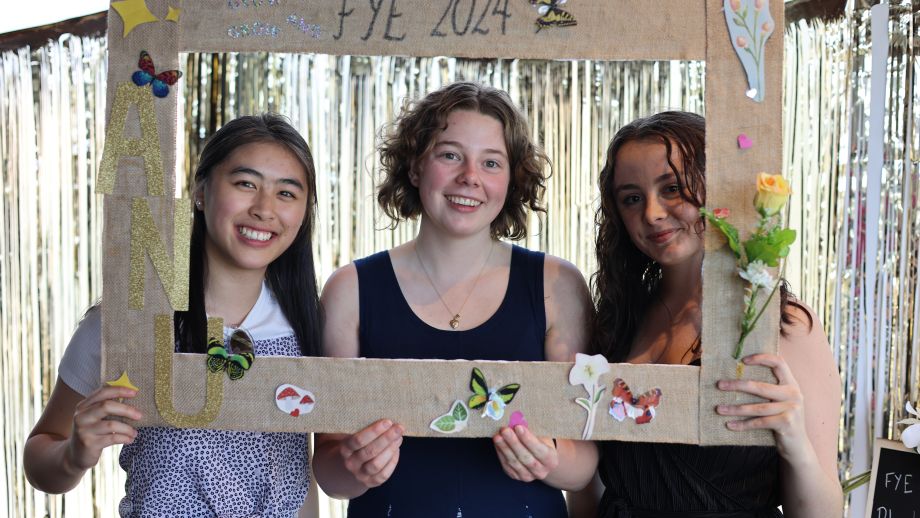RSB Director's Seminar: A Global Perspective on Marine Megafauna Movement and Conservation
Increasing marine protected areas is a necessary step towards reversing the loss of marine biodiversity. However, even with the recent resolutions from the Kunming-Montreal Global Biodiversity Framework to protect at least 30 % of the ocean, there is no clear pathway for which areas should be protected. I will present the MegaMove project (endorsed by the UN Ocean Decade), a scientific endeavour involving a unique transdisciplinary collaboration between ~400 researchers from 285 institutions across 49 nations, and focused on answering this topical question for marine megafauna. This group of species, including flying birds, cetaceans, fishes, penguins, polar bears, seals, sirenians and turtles, takes on key roles in maintaining the ecosystems balanced and can be considered sentinels. MegaMove makes use of the largest tracking dataset ever compiled across marine megafauna taxa globally to detect areas of ecological importance that should be prioritised for protection. I will show how these data can be used to reveal the severe overlap between marine megafauna space use and major global anthropogenic threats across the ocean, including commercial fishing, shipping, noise, plastic, and climate change. Overlaps detected provide a baseline for understanding the spatio-temporal co-occurrence of marine megafauna and human activities that can be alleviated through management. The creation of a risk index based on species vulnerabilities to different human activities is key to reveal the current level of threat present and understand how we can mitigate threats and better protect marine megafauna, our global heritage.
Associate Professor Ana M. M. Sequeira, a marine ecologist based at the Australian National University, leads breakthrough research in the field of marine megafauna movement and conservation. She is a 2020 Pew Marine Fellow and the founder, Lead Coordinator and Research Director of MegaMove, a decadal project endorsed by the United Nations Decade for Ocean Science focused on pushing forward a new frontier in dynamic marine spatial management to improve marine megafauna conservation and show how big data in marine telemetry can be synthesised and translated into ecologically significant behaviours, addressing global scientific and societal problems highlighted in the Australian science and research priorities. Ana also continues to be an Adjunct Research Fellow with the University of Western Australia (UWA) Ocean’s Institute. She is the Group Leader of ‘Statistical Modelling and Marine Megafauna Conservation’.
Sequeira, Rodríguez & 376 co-authors, 2025 - Global tracking of marine megafauna space use reveals how to achieve conservation targetsScience
(access it freely from the MegaMove website: MegaMove Publishes Landmark Global Study showing Where Marine Megafauna Needs Protection - MegaMove)
Sequeira, 2025 - We tracked 13,000 giants of the ocean over 30 years, to uncover their hidden highwaysThe Conversation
Location
Speakers
- Associate Professor Ana M. M. Sequeira, Group Leader, Ecology and Evolution, Research School of Biology, Lead Coordinator and Research Director of MegaMove
Contact
- Vienna Harkness+61 2 6125 5070



